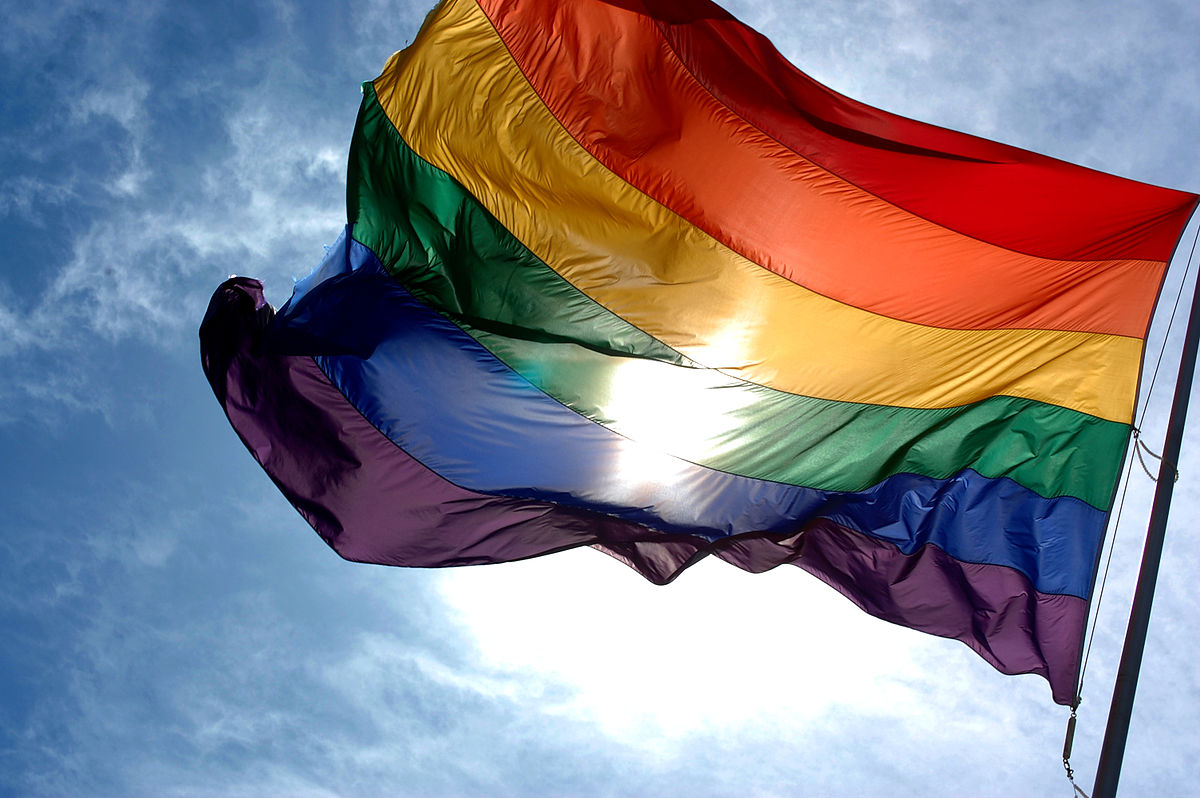
This week London celebrates Lesbian, Gay, Bisexual and Trans Pride, and across the country we’ll see Pride marches and celebrations that bring together LGB&T communities, their friends, families and allies.
Pride marches are often a contentious subject and there are those who say the time for marching is over. With the legal protection of the Equality Act, Gender Recognition Act and Same Sex marriage legislation is there anything left to march for?
But these marches can be an important way of developing community cohesion, celebrating identity and encouraging social connectedness.
A recent report from the University of Leicester's Centre for Hate Studies revealed that 88 per cent of lesbian, gay, bisexual and transgender people had experienced some form of hate incident leaving them with emotional and physical scars.
Additional national evidence in the report shows that while victims of transphobia can be targeted up to 50 times in one year, only three in ten reports the incidents.
In our own report last year on promoting the health and wellbeing of gay, bisexual and other men who have sex with men, we highlighted the clear evidence that discrimination and hate crime is an important factor in generating ill health for individuals.
The impact is both direct, when an individual experiences direct discrimination, and indirect when due to the social context and community in which they live, the individual feels unable to self-identify and disclose their identity to healthcare professionals. This can lead to inappropriate care or barriers to accessing services.
Along with the report described above, other PHE projects include our work with GIRES and a partnership of trans and LGB&T organisations to develop trans health factsheets which address the health inequalities in these communities.
And this year we have started work on a systematic evidence review of the health inequalities affecting lesbian, bisexual and other women who have sex with women. Similar issues, unsurprisingly, are also appearing in the evidence base.
We are really pleased to be working with the LGB&T academic research network and the National LGB&T partnership on this project along with the inspiring group of academics and researchers who form the expert reference group.
So how can Pride marches and LGB&T community festivals help address inequalities? Our guide to community-centred approaches for health and wellbeing highlighted the important role of communities in supporting good health:
Communities, both place-based and where people share a common identity or affinity, have a vital contribution to make to health and wellbeing. Community life, social connections, supportive relationships and having a voice in local decisions are all factors that underpin good health.
Community led LGB&T Pride events are a practical demonstration of the four core approaches to community centred health and wellbeing.
- They strengthen communities by building connections that can take action on health and the social determinants of health
- They involve large scale volunteering and provide positive peer role models from across the local community to share information, advice and mobilise action
- They are almost by definition actions of collaboration and partnership which lead to interaction between a wide range of public sector organisations, third sector and community groups
- They provide access to community resources, often through fairs that run alongside the parade, or simply through raising the profile of community groups
Pride festivals also financially support the LGB&T business and community sector as well as the wider economy. Manchester Council looked at the economic impact of their Pride celebrations and estimated that the benefit in revenue to the city was at least £19 million in 2012.
Similarly cities like Brighton have also recognised the economic benefits of hosting Pride events such as the positive influx of new visitors to the city and the important role that these mass participation events play in fundraising for small LGB&T third sector charities.
The importance of visible professional role models is another key aspect of Pride celebrations, demonstrating to communities and to peer professionals the inclusive nature of their workplaces. Research suggests that individuals who cannot express their sexual identity at work have higher levels of stress and their performance suffers.
PHE’s Rainbow Alliance, our LGB&T staff group, will be marching this weekend at the London Pride event alongside the Gay and Lesbian Association of Doctors and Dentists and the Civil Service Rainbow Alliance - a great opportunity for fellow medics and civil servants to celebrate and contribute to this community event.
Image: "Rainbow flag and blue skies" by Ludovic Bertron from New York City, USA

1 comment
Comment by Bren posted on
Hello Kevin,
Great Blog and very informative on the now and future.
I think Pride, wherever it is held, is just a great opportunity for the continuing dialogue with communities.
I think the Pride events I have been privileged to attend do provide a diverse range of views from within the Lesbian, Gay, Bisexual and Transgender (LGBT) communities, and help understand the similarities and differences with the needs of people from the LGBT communities.
I am so glad PHE are taking a progressive and active approach to the health and social inequalities, and the co producing way you are talking this programme of work forward is absolutely the right way. Is there the necessary focus on how best to use technology to do this work in people's thoughts too?
Best wishes,
Bren.